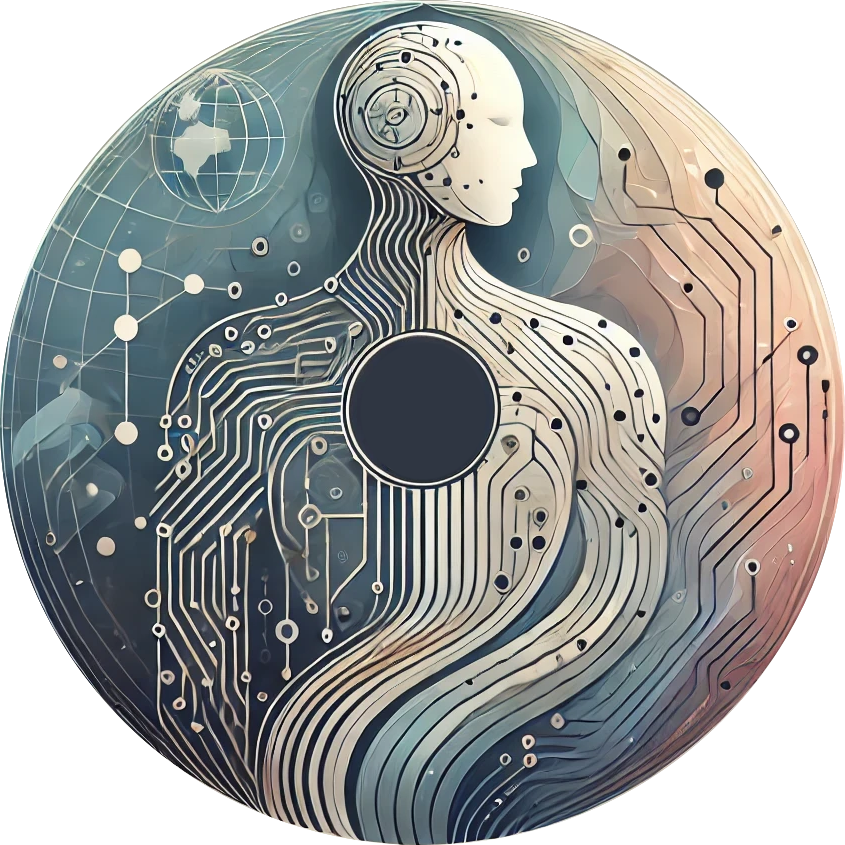Ethical AI / AI Ethics refers to the principles and practices that ensure AI systems are developed and used in ways that are fair, transparent, and beneficial to society. It focuses on minimizing harm, avoiding bias, respecting privacy, and promoting accountability.
Key aspects:
- Fairness: Ensuring AI doesn’t discriminate against individuals or groups.
- Transparency: Making AI decisions understandable and explainable.
- Accountability: Holding developers and users responsible for AI’s impact.
Example: An AI hiring tool should be designed to avoid favouring certain genders or races, ensuring equal opportunities for all candidates.
Ethical AI ensures technology serves humanity responsibly and inclusively. It is closely related to Responsible AI, which translates these ethical principles into practical actions like regulatory compliance, risk management, and accountability throughout the AI lifecycle. While Ethical AI sets the vision and long-term values, Responsible AI focuses on operationalizing those values in real-world applications.
